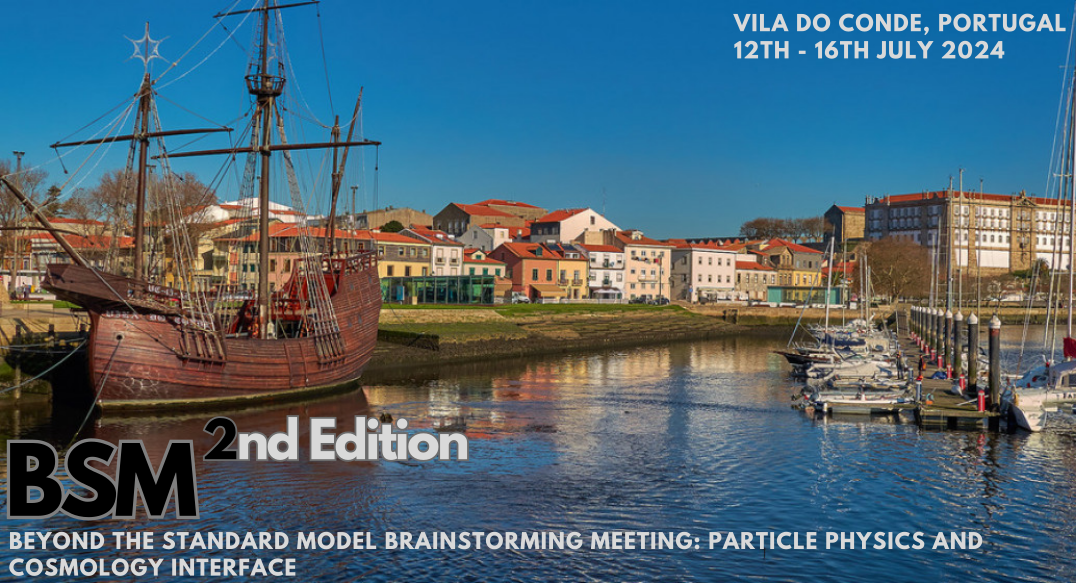Speaker
Description
We explore the implications of low reheating temperatures in the early Universe, focusing on scenarios where a minimal threshold of $4$ MeV is crucial to preserve the accuracy of Big Bang Nucleosynthesis (BBN) predictions. We specifically investigate the freeze-in mechanism, wherein scalar Dark Matter (DM) candidates are Boltzmann suppressed due to their mass exceeding the reheating temperature. Building upon previous research demonstrating the efficacy of this approach, particularly in achieving the correct abundance of DM, our exploration extends to lower reheating temperatures, necessitating a lighter DM mass (at MeV scale). Furthermore, we will incorporate the contribution of mesons post-Quantum Chromodynamics (QCD) phase transition, wherein quarks transition into bound states, facilitating DM production via the Higgs portal. Our findings shed light on the viability of such scenarios and their implications for understanding the early Universe and the nature of dark matter.
